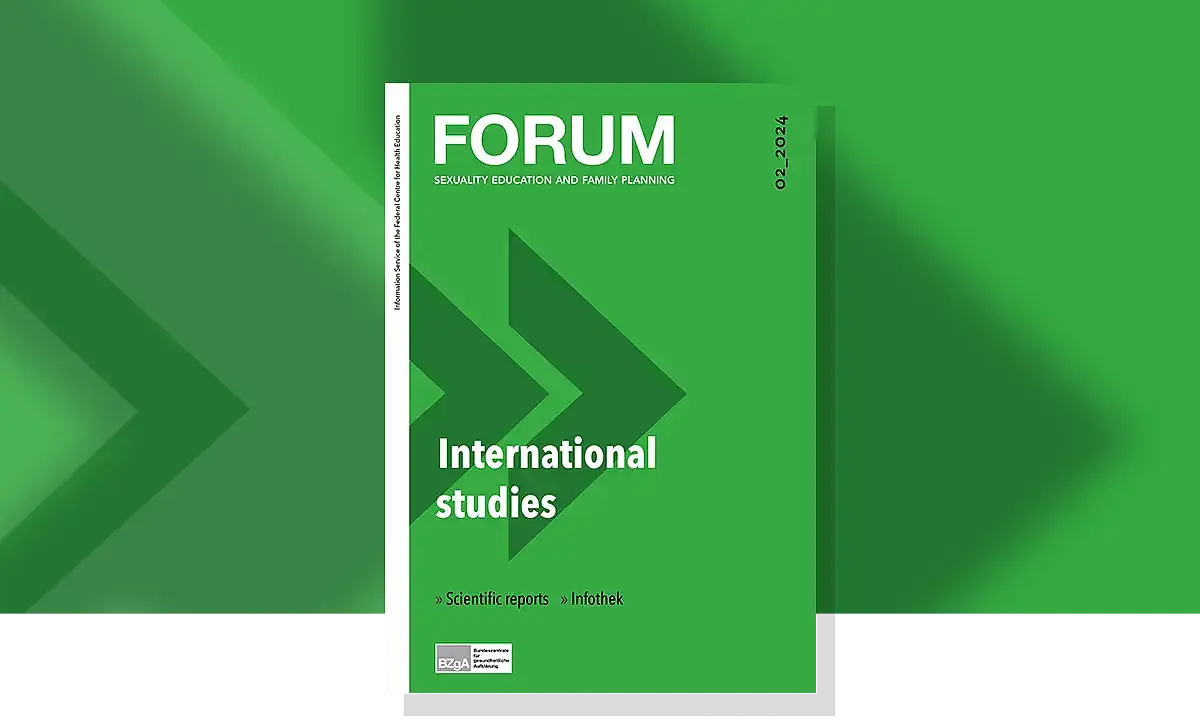The Bundeszentrale für gesundheitliche Aufklärung (BZgA; Federal Centre for Health Education in Germany) is assigned by schedule 1 paragraph 1 of the Schwangerschaftskonfliktgesetz (SchKG; Germany’s Pregnancy and Family Assistance Act) to develop concepts and put in place sex education and family planning measures, and to supply these materials nationwide free of charge. BZgA shares this task with Germany’s federal states, working in close cooperation with actors across all family counselling agencies and organisations.
BZgA has for many years provided indepth, fact based knowledge about the sexual and contraceptive behaviour, media use and information sources of young people and adults in relation to their sexual and reproductive health. This is based on representative surveys repeated at regular intervals. Examples of these are the studies on youth sexuality and on the contraceptive behaviour of adults. Individual research projects and related evaluation studies are also taken into account. These studies are commissioned or funded by BZgA and serve as a basis for the development of materials and measures to actively promote health and prevention. This transfer of research into practice undergoes continuous assessment and evaluation. BZgA has been a WHO Collaborating Centre for Sexual and Reproductive Health since 2012. The main focus of this work is on sexuality education in the European WHO region.
“FORUM Sexuality Education and Family Planning” (www.forum.sexualaufklaerung.de) has appeared as a series of publications since 1996. It provides a regular overview of the new media, projects and measures focusing on sexuality education and family planning in Germany, while also presenting the results of recent academic research and evaluations. The aim is to support and promote dialogue between academia and practitioners.
Review of recent international studies
Each publication has a specific area of focus. In recent years FORUM has repeatedly presented a range of topics from international sources. The 2/2024 issue deliberately picks up on the theme of “international studies” in the field of sexual and reproductive health (SRH). It aims to give an insight into the challenges currently being faced in the field of sexual health and sexuality education and to facilitate dialogue between countries. This issue of FORUM has been published in English. Eight articles from Austria, Belgium, Germany, Italy, the Netherlands, Switzerland and Uganda examine the themes of sexuality education; sexual behaviour and the sexual health of young people; teenage pregnancies; prevention of sexualised violence; hormonal contraception among young adults in the European region; and the health care experiences, challenges and discrimination of LGBTIQ+ people.


